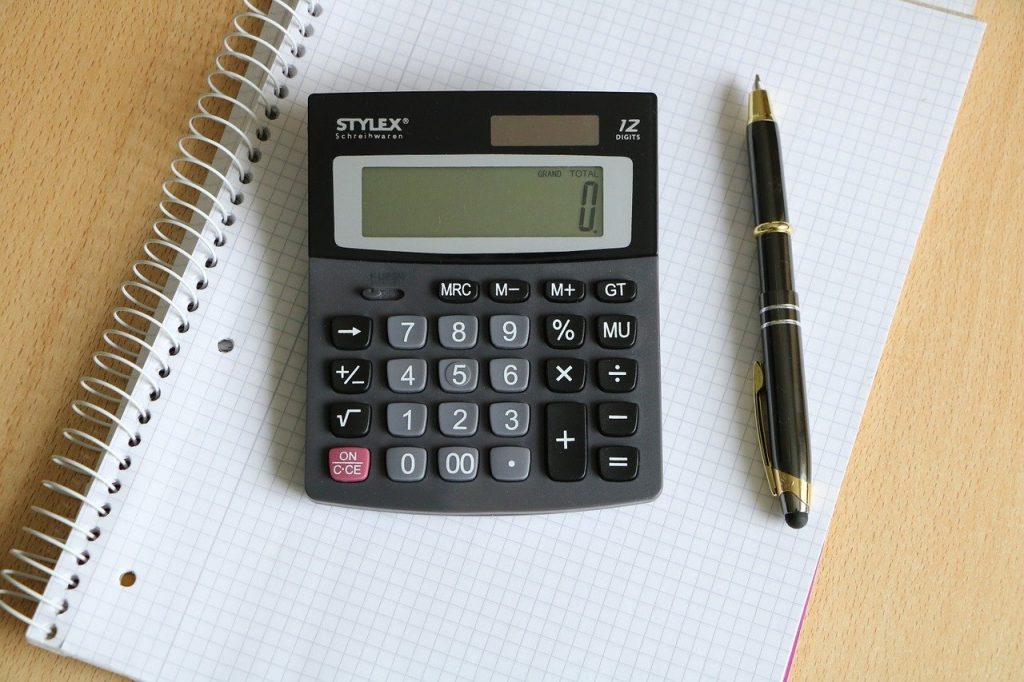
The Florida Real Estate Commission has determined that it is in the best interest of the public’s welfare to ensure a nonresident seeking licensure in Florida, pursuant to Section 475.180, Florida Statutes, is knowledgeable in Florida law, statutes, and administrative rules. To properly ensure such nonresident candidate has this knowledge, a Laws and Rules Examination consisting of 40 questions is mandatory. The subject area of the Laws and Rules Examination shall consist of general real estate license law. While knowledge of all subject areas is required, particular emphasis will be placed on Chapters 455 and 475, Florida Statutes, and on the rules of the Florida Real Estate Commission found in Chapter 61J2, Florida Administrative Code.
CONTENT OVERVIEW
The Florida Mutual Recognition Exam is a closed book examination. Reference materials will not be allowed in the test room at the time of the examination. No written material other than that issued at the time of testing will be permitted. Candidates are given a total of one and a half hours to complete the examination.
PILOT TESTING
The Examination may contain a small number of experimental or “pilot test” questions. The purpose of including pilot test questions within the examination is to expand and improve the bank of questions from which future examinations will be drawn. This is a common practice used by many national and state examination programs and is a critical step in ensuring the continued reliability and validity of these examinations.
In the event that pilot test questions are included within the examination, these questions will NOT be counted when computing scores. You’ll get additional time to answer the pilot test questions. The state has evaluated the testing time allowed to ensure there is adequate time for completing test questions and pilot questions.
TEST TAKING ADVICE
The advice offered here is presented primarily to help you demonstrate knowledge and maximize your chances of passing the examination.
- Read all instructions carefully.
- Pace yourself by periodically checking your progress. This will allow you to make any necessary adjustments.
- Be sure to record an answer for each question, even the items about which you are not completely sure. You can note the questions you wish to reconsider on the computer testing system and return to them later.
- Alert a Proctor or Test Center Manager to any problems that may occur during the examination. Do not wait until the examination is over to inform someone about a problem.
All candidates must bring the following items to the testing center on the day of the exam:

- Calculators are permitted if they are silent, hand-held, battery-operated, nonprinting, and without an alphabetic keypad. The device cannot be an information storage device, such as a cell phone, PDA, Palm Pilot, or word processing device.
- Two forms of valid signature identification, one of which is government issued: driver’s license, state identification card, passport or military identification card. Student or employment I.D. cards and photo bearing credit cards are not acceptable as picture bearing identification. Candidates will not be admitted without showing proper identification. Your name and address must match what was submitted on your application.
- Florida Division of Real Estate Authorization Notice (if received prior to testing).
- Personal items are not permitted in the examination room. Any personal items such as toiletries, snacks, etc., must be encased in a clear plastic bag, no larger than 8” X 11” in size and kept in the locker provided by the vendor.
To better serve “English as a second language” candidates, the Bureau of Education and Testing is permitting the use of foreign language translation dictionaries during the examination. Translation dictionaries shall contain word-for-word or phrase translations ONLY. Dictionaries that contain definitions of words, explanations of words, or handwritten notes may NOT be used.
- Electronic translation dictionaries are NOT recommended as most will have more than word-for-word or phrase translations, an alphabetic keypad, have mathematical formulas and stored memory capabilities. Should these electronic translation devices have these capabilities; these devices WILL be rejected by the Proctor or Test Center Manager in NOT being suitable for the test site environment.
- Testing Center staff will inspect and approve each dictionary before it can be used during the examination. In order to maintain security and to ensure fairness to all candidates, candidates are limited to the use of a single dictionary. If you have any questions concerning acceptable translation dictionaries, please contact the Bureau of Education and Testing at 850.487.1395.
Unauthorized supplies, those not listed in this Candidate Information Booklet, will be subject to removal by the Department’s representative at the examination site. Personal items are not permitted in the examination room. Any personal items such as toiletries, snacks, etc must be encased in a clear plastic bag, no larger than 8” X 11” in size and kept in the locker provided by the vendor.
The following items are NOT allowed in the examination room:
- Cameras, tape recorders, or computers
- Cell phones, Pagers, or electronic transmitting devices (watches with alarms or beepers should be set so that they will NOT sound or go off during the examination administration)
- Any bound or loose leaf reference materials and notes
- Dictionary, thesaurus, or other spelling aids
- Canisters of mace, pepper spray, or other personal defense items
- Purses, briefcases, portfolios, fanny packs, or backpacks
This study material includes the following parts:
- A clear text discussion of the important laws you should expect to be on the exam. The discussion also includes practice activity questions to reinforce the key study areas. At the end of each of the five units, you’ll find a practice examination with 15 questions. You should strive to achieve at least 80% correct.
- Chapter 475, Florida Statutes – the Florida real estate license law.
- Rule 61J2, Florida Administrative Code – The rules of the Florida Real Estate Commission.
- More questions with answers and rationales.
We recommend that you first read Part 1 carefully. That will give you a good overview of the law. Then, read Part 2, the Florida real estate license law. That will help “fill in the blanks” and provide more detail. Part 3, the rules of the FREC, is quite important; many of the answers on the exam will be taken verbatim from the rules.
Part 4, the Questions and Answers section has many questions to help prepare for the exam. When you answer a question, you’ll get immediate feedback. It will tell you whether you are right or wrong and why.
We wish you good luck on your state exam!

